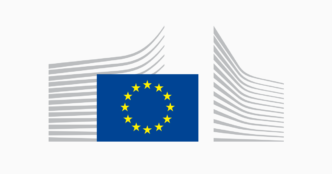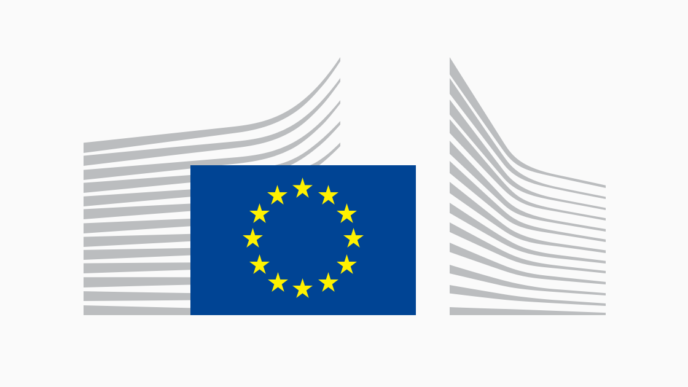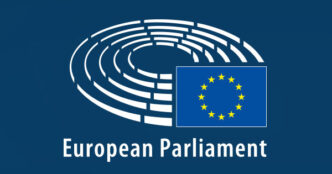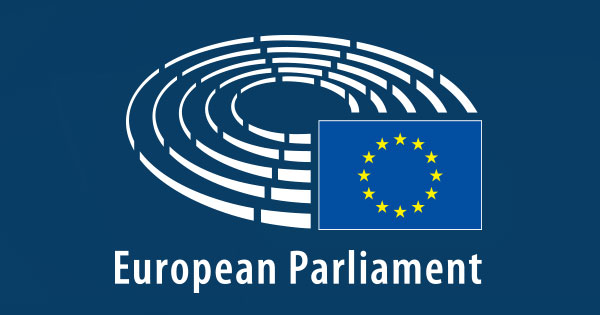On 20 May, the Commission proposed rules that will facilitate the application of the safe third country concept. This will accelerate asylum processes and reduce pressure on asylum systems, while preserving the legal safeguards for applicants and ensuring respect of fundamental rights.
The safe third country concept allows Member States to consider an asylum application inadmissible when applicants could receive effective protection in a third country that is considered safe for them. To apply this concept, EU law currently requires the asylum authorities to prove a connection between the applicant and the safe third country concerned.
The proposal delivers on the requirement under the Pact on Migration and Asylum for the Commission to review the application of the safe third country concept by June 2025.
The Commission proposes the following changes:
- A connection between the applicant and the safe third county will no longer be mandatory.
- Transit through a safe third country before reaching the EU can now also be considered as a sufficient link to apply the safe third country concept.
- When there is no connection or transit, the concept can be applied if there is an agreement or arrangement with a safe third country. Such agreement or arrangement will ensure that there is an examination of the request for effective protection in the safe third country, so that applicants can receive protection if justified. This option will not apply to unaccompanied minors.
- To reduce procedural delays and prevent abuse, the Commission proposes that appeals against inadmissibility decisions based on the safe third country concept will no longer have an automatic suspensive effect.
The proposal also requires Member States to inform the Commission and other Member States before concluding agreements or arrangements with safe third countries. This will allow the Commission to monitor that these agreements or arrangements fulfil the conditions set out in EU law.
Under EU law, third countries can be considered safe when they fulfil a number of conditions, such as protection against refoulement, the absence of real risk of serious harm and of threats to life and liberty on account of race, religion, nationality, membership of a social group or political opinion, as well as the possibility to request and receive effective protection.
It is now for the European Parliament and the Council to agree on this proposal.








